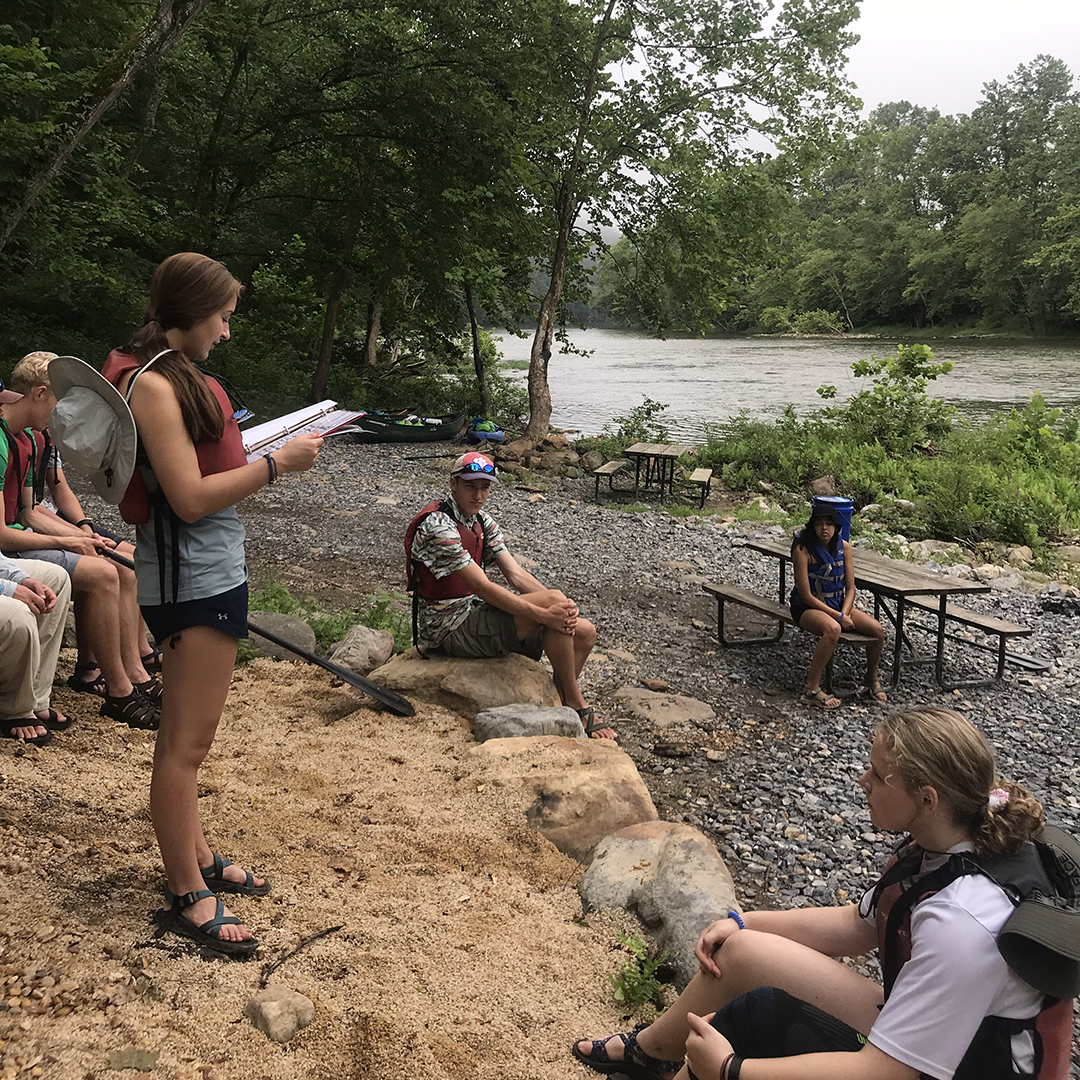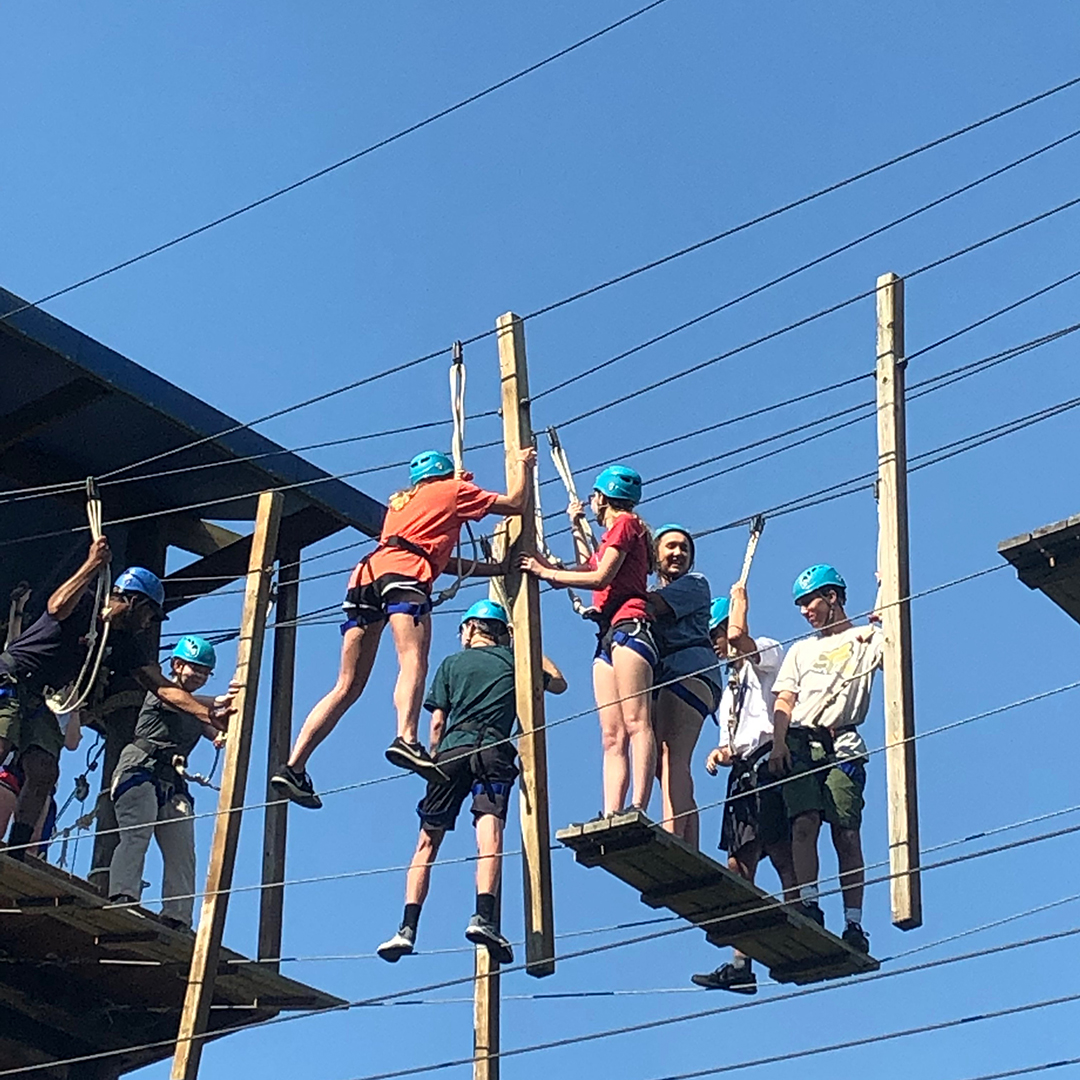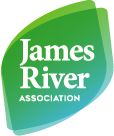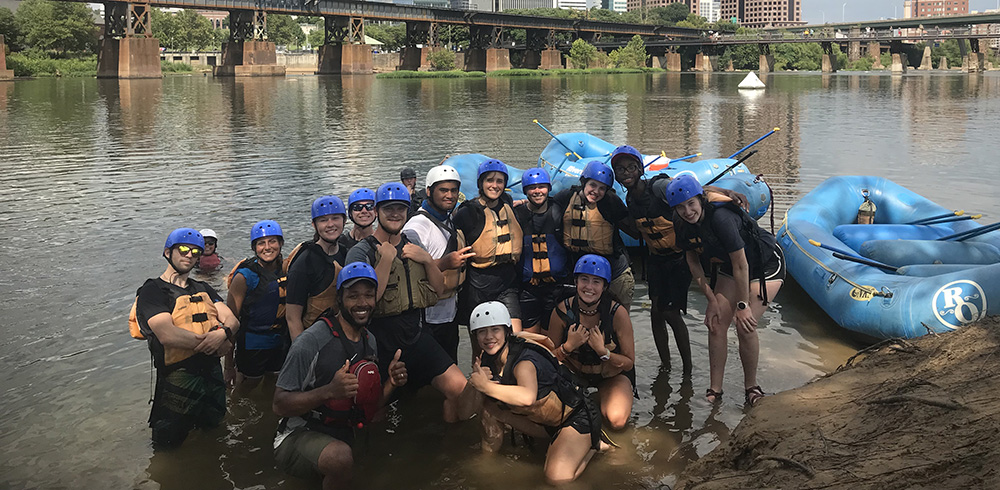One of the James River Association’s primary strategies for a healthy James River is to help communities realize the benefits of a healthy river. Environmental education is a key way we do this. We work to inspire the next generation of river stewards and connect youth with river-based learning experiences that inspire confidence, ecological understanding, nature appreciation, and conservation action.
In 2005, author Richard Louv introduced the term “Nature-Deficit Disorder” to describe a concern for adults and children spending less time outdoors, which in turn, could lead to a host of behavioral and health problems.
Since then, more and more research supports that intentional time in nature is good for our physical, mental, and emotional well-being. A recent article published in the Yale School of Forestry and Environmental Studies shared the results of an environmental study of 20,000 individuals and how the time spent in nature benefits our health.
The high school years are a pivotal time in our children’s lives, and we have two programs focused on connecting these students to the outdoor world around them.
James River Expeditions
Open to rising 10th and 11th-grade students, this week-long nature immersion program focuses on inspiring an appreciation for the James River, its ecological health, the joy of outdoor recreation, and the virtues of time spent outside. The one-of-a-kind adventure, combining canoeing, camping and environmental education, offers a unique opportunity for students to connect with the James as a resource and brings together diverse audiences and skillsets which advocate for the same cause: a thriving James River.
Expeditions launch from a different region of the James River (upper, middle, and lower) each week and enable each participant to spend approx. 120 hours on the James. Students travel by canoe during the day with scheduled stops for educational sessions such as water quality testing, nature walks or conservation talks, times for team building activities, tours of local sites, and/or outdoor recreation options such as swimming and rafting.
2020 Trip Dates by River Section
- Lower James: Richmond to Hampton, June 22nd-26th
- Upper James: Iron Gate to Snowden, July 13th-17th
- Middle James: Lynchburg to Cartersville, July 20th-24th
There is a fee of $200 per student to help cover costs, however, we are willing to work with families if this cost would prohibit an interested student in participating.
JRA believes this new-found appreciation will include a recognition of the need to advocate for the protection and conservation of our common natural resources, fulfilling our designated strategic goal: to help communities realize benefits from a healthy James and support protecting it.




James River Leadership Academy
The James River Leadership Academy (JRLA) is a year-long leadership program for rising 10th, 11th or 12th graders. Our goal is to engage, develop, train, and inspire students in taking personal and community-wide action of becoming a river steward.
Leadership Sessions include discussions, team-building exercises, environmental ethics, and outdoor appreciation.
- Session One: July 6th – July 9th, 2020 (overnight): Paddling and Camping at the James River Ecology School. Fueling the Passion/Self Awareness & Team Building/Analysis of River Issues
- Session Two: November 13th – 14th, 2020 (overnight): Inspiring our Commitment
- Session Three: January 30th, 2021: Inspiring our Commitment
- Session Four: May 1st, 2021: Project Symposium and Celebration
One of the core goals of JRLA is to prepare students to take action on behalf of the James River and the environment. Each selected student has the opportunity to fulfill a capstone project within their community. This allows students to put new skills into practice. This project will be designed and led by individual students, assisted by mentors, and may serve any purpose in which students are most interested.
JRLA participation will be free of charge to students, and JRLA staff will provide necessary materials, supplies, gear, and meals for the duration of the program. Students are expected to be prepared with their own personal items as well as reliable transportation to and from Leadership Sessions.

